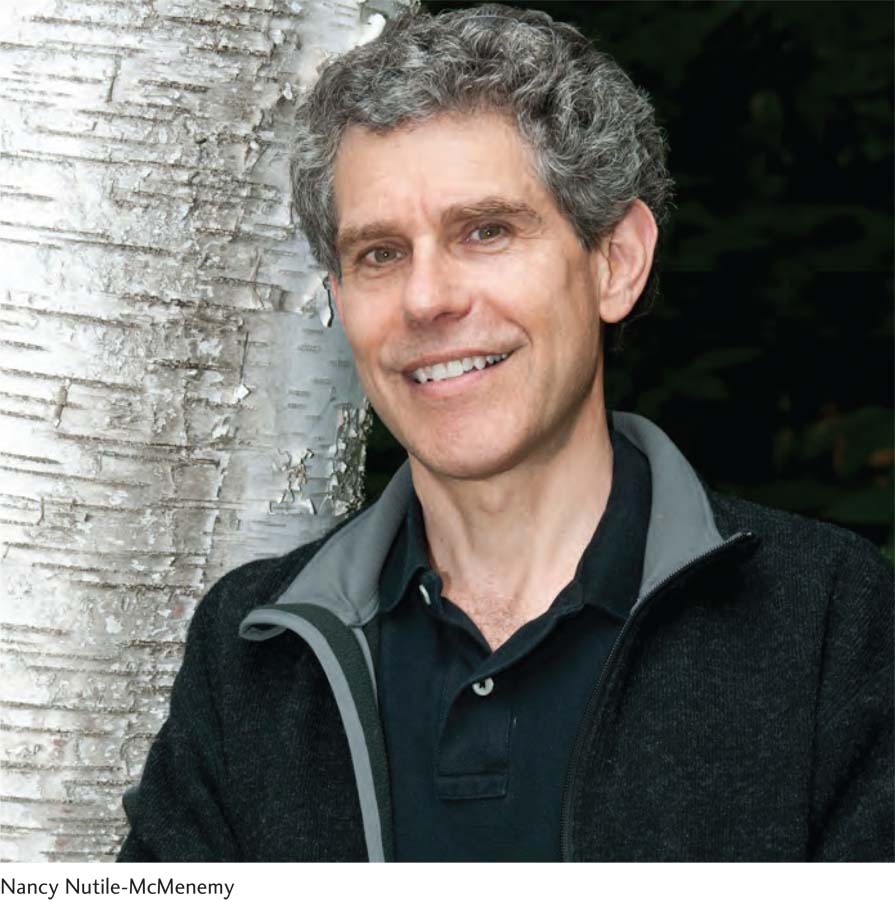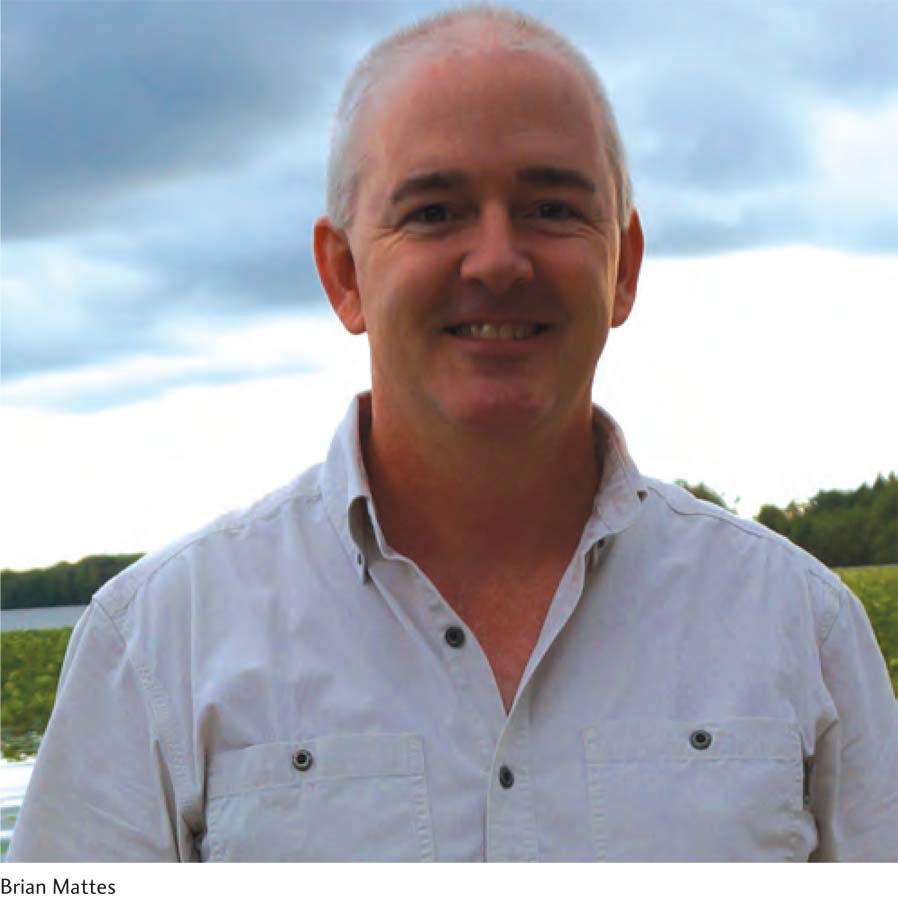About the Authors
xi

Andrew Friedland is Richard and Jane Pearl Professor in Environmental Studies and former chair of the Environmental Studies Program at Dartmouth College. He was the founding chair of the Advanced Placement Test Development Committee (College Board) for Environmental Science. He has a strong interest in high school science education, and in the early years of AP® environmental science he participated in many trainer and teacher workshops. For more than 10 years, Andy has been a guest lecturer at the St. Johnsbury Academy Advanced Placement Institute for Secondary Teachers. He has also served on the College Board AP® Environmental Science Curriculum Development and Assessment Committee.
Andy regularly teaches introductory environmental science and energy courses at Dartmouth and has taught courses in forest biogeochemistry, global change, and soil science, as well as foreign study courses in Kenya. Beginning in 2015, Andy brings his introductory environmental science course to the massive, open, online course format through the DartmouthX platform.
Andy received a BA degree in both biology and environmental studies, and a PhD in earth and environmental science, from the University of Pennsylvania. For more than three decades, Andy has been investigating the effects of air pollution on the cycling of carbon, nitrogen, and lead in high-
Andy has served on panels for the National Science Foundation, USDA Forest Service, and Science Advisory Board of the Environmental Protection Agency. He has authored or coauthored more than 65 peer-
Andy is passionate about saving energy and has pursued many energy efficiency endeavors in his home. Recently, he installed a 4 kW solar photovoltaic tracker that follows the Sun during the day.

Rick Relyea is the David Darrin Senior ‘40 Endowed Chair in Biology and the executive director of the Darrin Freshwater Institute at Rensselaer Polytechnic Institute. Rick teaches courses in ecology, evolution, and animal behavior at the undergraduate and graduate levels. He received a BS in environmental forest biology from the State University of New York College of Environmental Science and Forestry, an MS in wildlife management from Texas Tech University, and a PhD in ecology and evolution from the University of Michigan.
Rick is recognized throughout the world for his work in the fields of ecology, evolution, animal behavior, and ecotoxicology. He has served on multiple scientific panels for the National Science Foundation and has been an associate editor for the journals of the Ecological Society of America. For two decades, he has conducted research on a wide range of topics, including predator-
Rick has a strong interest in high school education. High school science teachers conduct research in his laboratory and he offers summer workshops for high school teachers in the fields of ecology, evolution, and ecotoxicology. Rick also works to bring cutting-
Rick’s commitment to the environment extends to his personal life. He lives in a home constructed with a passive solar building design and equipped with active solar panels on the roof. The solar panels generate so much electricity that he sells the extra electricity back to the local electric utility every month.